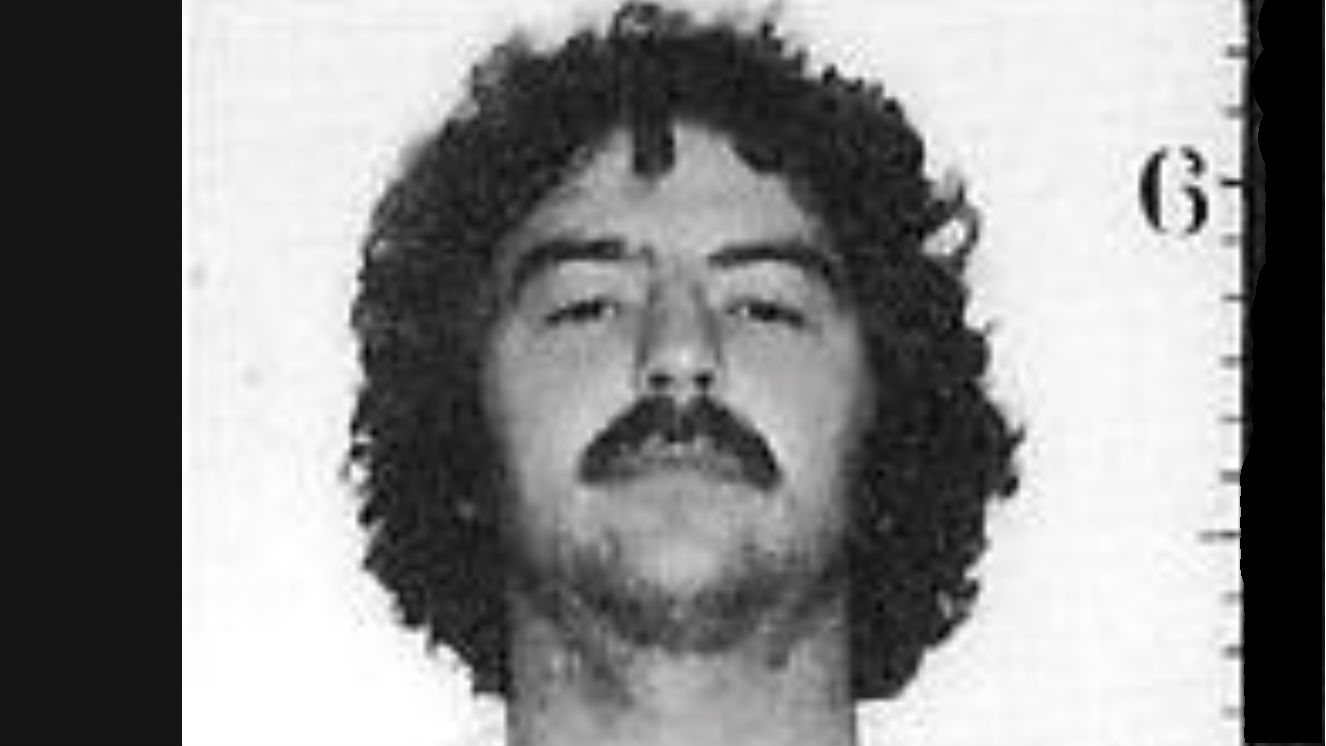What happened to Ron Williamson and Dennis Fritz?
New Netflix documentary reveals how former baseball star narrowly avoided being executed for murder he didn’t commit

A free daily email with the biggest news stories of the day – and the best features from TheWeek.com
You are now subscribed
Your newsletter sign-up was successful
The true story of how a former professional sportsman spent 11 years in prison after being wrongly convicted of a horrific sex killing is explored in a new Netflix documentary.
Ron Williamson “left his small town in Oklahoma as a high-school baseball star with hopes of a major league career but was later sent to death row and came within five days of execution for a murder he did not commit”, says The New York Times.
His friend and supposed accomplice, Dennis Fritz, also saw his life destroyed as a result of the case, which is detailed in The Innocent Man: Murder and Injustice in a Small Town. The new series, based on a non-fiction book by John Grisham, airs on 14 December on Netflix, which also made Making a Murderer.
The Week
Escape your echo chamber. Get the facts behind the news, plus analysis from multiple perspectives.

Sign up for The Week's Free Newsletters
From our morning news briefing to a weekly Good News Newsletter, get the best of The Week delivered directly to your inbox.
From our morning news briefing to a weekly Good News Newsletter, get the best of The Week delivered directly to your inbox.
So what happened?
On the morning of 8 December 1982, cocktail waitress Debra Sue Carter, 21, was found raped and strangled to death in her apartment in the small Oklahoma town of Ada.
She had been “violated with a ketchup bottle and her crazed killer had scrawled messages all over her body and the walls of her flat using tomato sauce and nail polish”, says The Sun.
A friend discovered her naked body on her bedroom floor, gagged with a bloody towel and with the word “die” written on her stomach.
A free daily email with the biggest news stories of the day – and the best features from TheWeek.com
Suspicion quickly fell on fellow Ada residents Williamson and Fritz.
Williamson had once been a local hero as a baseball player in the US minor leagues, but a shoulder injury had ended his career and seen him return to his hometown at the age of 25. He was later diagnosed with bipolar disorder, severe depression and schizophrenia, and self-medicated with drugs and alcohol.
Williamson and his friend Fritz, a high-school science teacher and father of one, both drank at the bar where Carter had worked. Following her murder, another customer, named Glen Gore, told police that Williamson had been at the bar and had argued with Carter on the night she was killed.
It also emerged Carter had complained to a friend that Williamson and Fritz “made her nervous”.
Neither men had alibis for the night of the murder but without any solid physical evidence, police were unable to make a case against them.
However, five years later Williamson ended up in jail for allegedly forging cheques. While awaiting trial, another inmate told police that he had confessed to killing Carter. Fellow suspect Fritz was then rearrested, and also allegedly confessed to a cellmate.
Additionally, police said that Williamson told them he had a dream about committing the crime, a statement that was treated as a confession, according to the Innocence Project, which campaigns against miscarriages of justice.
Forensic testing on 17 hairs found at the crime scene were then “matched” to both Fritz and Williamson, “though we now know that this type of hair analysis is not a validated forensic science practice”, the campaign group’s site adds.
Fritz was sentenced to life in prison without parole, and Williamson was sent to death row.
In his book on the case, Grisham describes how Williamson’s efforts to convey his innocence in court ended up scaring the jury. He shouted at witnesses and the judge and even knocked over tables. As a result, there was “no trouble convicting him”, says the author.
How were they exonerated?
After 11 years in prison - with Williamson at one point coming within five days of execution - the two men were released and exonerated in April 1999. DNA tests carried out during their appeals had found that none of the hairs belonged to them. Instead, they were matched to Gore, the witness from the bar.
Gore was convicted of first-degree murder in 2003 and sentenced to death, but the conviction was overturned by the Court of Criminal Appeals. He was found guilty in a second trial in 2006 and sentenced to life in prison without parole.
What happened to Williamson and Fritz next?
Williamson died in 2004, at the age of 51, from cirrhosis of the liver. He had continued to suffer psychological problems after being freed, but had participated in a protest march the year before his death, to “appeal to the governor of Illinois to commute the sentences of death row prisoners in that state”.
Fritz now lives in Missouri. An activist for the release of others who are wrongly convicted, he speaks publicly about his experiences and serves on the board of directors of the Midwest Innocence Project. In 2008, he wrote a book about his life, Journey Toward Justice.
“The harm that it did to me was that it took 12 years out of my life, away from my family members,” Fritz told PBS Frontline. “I was cheated of watching my daughter grow and flower into a woman. No amount of money on the face of the Earth could even begin to make an amend for what happened.”
-
 The EU’s war on fast fashion
The EU’s war on fast fashionIn the Spotlight Bloc launches investigation into Shein over sale of weapons and ‘childlike’ sex dolls, alongside efforts to tax e-commerce giants and combat textile waste
-
 How to Get to Heaven from Belfast: a ‘highly entertaining ride’
How to Get to Heaven from Belfast: a ‘highly entertaining ride’The Week Recommends Mystery-comedy from the creator of Derry Girls should be ‘your new binge-watch’
-
 The 8 best TV shows of the 1960s
The 8 best TV shows of the 1960sThe standout shows of this decade take viewers from outer space to the Wild West
-
 The Miami Showband massacre, 50 years on
The Miami Showband massacre, 50 years onThe Explainer Unanswered questions remain over Troubles terror attack that killed three members of one of Ireland's most popular music acts
-
 JonBenet Ramsey: The story behind Netflix's new documentary
JonBenet Ramsey: The story behind Netflix's new documentaryIn Depth Twenty years on, Casting JonBenet offers a unique view on the murder that shocked the world